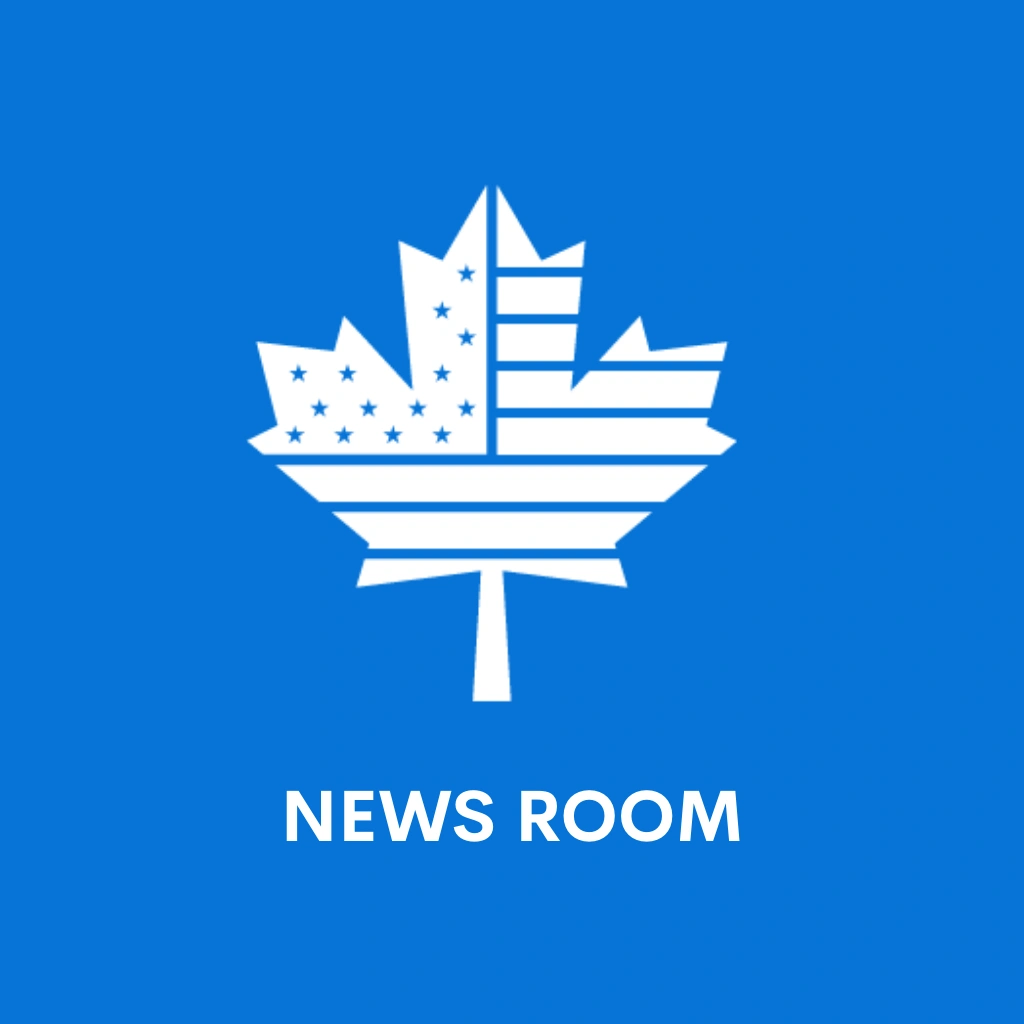Vancouver Immigration And Cross-Border Injury Law Blog

Why More Americans Are Visiting Canada Than Canadians Visiting the U.S. — And What It Means for Cross-Border Travel
Find out why more Americans are travelling to Canada for the first time in 20 years, and what it could mean for the future.

Navigating the US Visa Integrity Fee: What Travellers Need to Know
Have questions about the new US Visa Integrity Fee? Learn more about the legislation, impact, and how to prepare for your next trip to the US.

Navigating U.S. Border Security: Understanding Your Rights at the U.S. Border
Learn more about your rights as a Canadian travelling to the U.S., including rules on phone searches, privacy tips, and what to expect at the border in 2025.

Cross-Border Bicycle Accidents: What To Do After Being Injured
Learn more on handling cross-border bicycle accidents and insurance coverage.

Key Differences in Uninsured Motorist Coverage in BC and Washington State
Learn more on uninsured motorist coverage differences in BC and Washington State.

Statute of Limitations in Cross-Border Injury Claims
Learn more on statutes of limitations for cross-border injury claims between BC and Washington.

The Future of Car Accident Claims in British Columbia
Learn more on the impact of BC’s Enhanced Care model on car accident claims.

Tips and Considerations When Choosing a Cross-Border Injury Lawyer
Learn more on selecting a dual-licensed lawyer for cross-border injury claims.

Understanding Comparative Fault in BC and Washington: Considerations for Cross-Border Injury Claims
Learn more on navigating comparative fault in cross-border injury claims in BC and Washington.

Medical Treatment for Canadians Injured in the United States
Learn more on common medical treatments available for Canadians injured in Washington State in a car accident.
